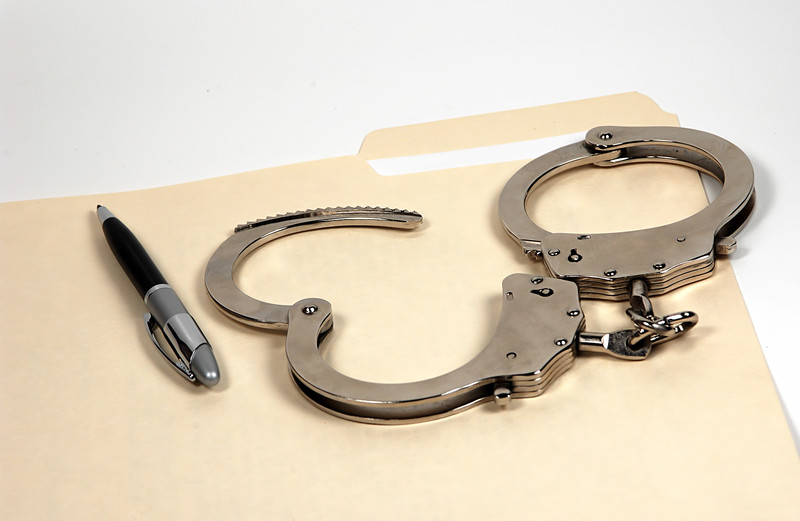
 The Canada Revenue Agency (CRA) is taking action to stop various schemes used by people to claim unwarranted goods and services tax/harmonized sales tax (GST/HST) refunds. If you are thinking about participating in such a scheme, you should know that you will face serious consequences if you do.
The Canada Revenue Agency (CRA) is taking action to stop various schemes used by people to claim unwarranted goods and services tax/harmonized sales tax (GST/HST) refunds. If you are thinking about participating in such a scheme, you should know that you will face serious consequences if you do.
The CRA reminds businesses that supporting documents that reflect actual transactions are required to substantiate all credits claimed on their returns. Personal or fictitious expenses, or expenses not incurred in the course of commercial activity, are not allowed.
The CRA has improved its review processes and audits to detect possible fraudulent GST/HST refund schemes. When the CRA suspects intentional tax evasion or fraud has occurred through the use of such schemes, it may undertake a criminal investigation and may recommend prosecution of the individuals who promote, organize, or participate in them.
A person convicted of an offence under the Excise Tax Act (ETA) faces a fine of up to 200% of the false refund claimed, and possibly a jail term of up to five years. Furthermore, a person participating in these schemes is liable for all unwarranted refunds received, plus interest and penalties that the CRA may assess.
For example, in June 2013, an individual was fined $935,506 and sentenced to 92 months in jail for committing GST fraud. The fine represents 100% of the GST refunds the individual fraudulently obtained or attempted to obtain by filing returns on behalf of a company that was recently closed and depositing the refunds into an account the individual created using a similar company name. In a separate case, in September 2013, a business owner was fined $173,129 for using a phony invoicing scheme to disguise sales so that they would appear to be tax relieved sales to Status Indians, in order to avoid remitting HST.
The CRA publicizes court convictions to maintain public confidence in the integrity of the tax system and to deter non-compliance with the law. More information on these convictions is available on the CRA Web site at www.cra.gc.ca/convictions.
Even if you have received a GST/HST refund, you can still be reassessed
It is important to maintain adequate books and records to support your claims for input tax credits. The fact that your refund has been sent to you should not be interpreted as the CRA’s acceptance of your claim. Generally, the CRA has four years from the last day in which the return was filed or was required to be filed to reassess it, and in the case of neglect, carelessness or fraud, there is no limitation period on the reassessment.
The CRA is committed to helping small businesses comply voluntarily with Canada’s tax laws and providing complete and accurate information when they file tax returns. It is investing resources to help small business owners “get it right from the start”. To learn more,” go to www.cra-arc.gc.ca, and click on Businesses—where the Agency has posted a video series on starting a business, as well as plain language information about many tax topics such as how to keep good books and records, details about what an audit involves, contact information for more help, and more.
Come to us before we go to you
The CRA is always on the lookout for GST/HST schemes. Have you inflated your refund claim? Have you failed to remit GST/HST collected? If so, the CRA offers a second chance for you to make things right through the CRA’s Voluntary Disclosures Program (VDP). If you make a valid disclosure before you become aware of any compliance action taken by the CRA, you may only have to pay the taxes owing plus interest, and you may not have to pay penalties or face prosecution in the courts. Certain conditions apply. More information on the VDP is available at www.cra.gc.ca/voluntarydisclosures.
Report it
The CRA takes abuse of Canada’s tax laws very seriously. GST/HST fraud places an unfair burden on law-abiding Canadians, and it jeopardizes the integrity of Canada’s tax base.
If you become aware of anyone participating in a refund scheme, report it by contacting the CRA’s Informant Leads Program. The CRA will not disclose your identity.
 Leave a comment
Leave a comment